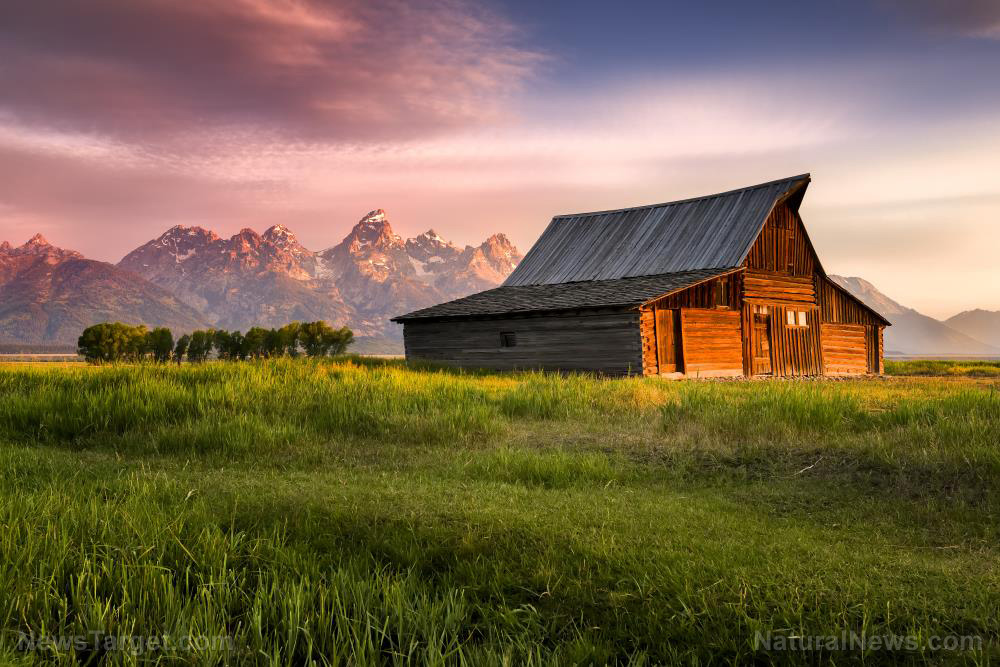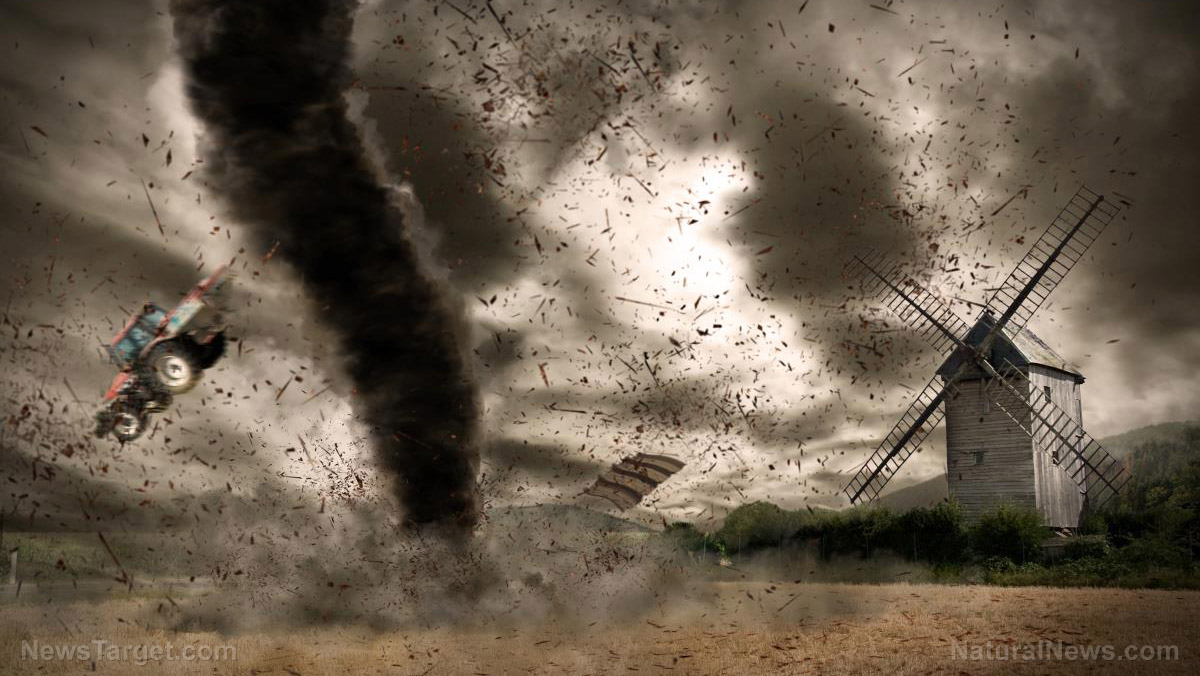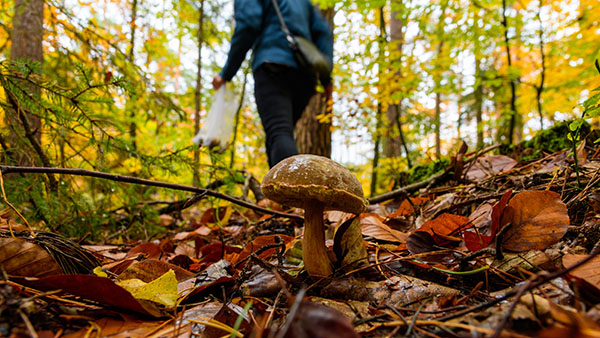
Blacksmithing
Many of the first homesteaders built and maintained their own tools. This skill must be relearned because all the high-quality manufactured goods the modern world has created and relies upon will deteriorate one way or another, either through use or time. Having at least a rudimentary knowledge of metalworking prepares you for the possibility that you have to repair or create from scratch a tool you need to survive. Furthermore, in the event that society ever needs to rebuild, blacksmiths and anyone with any knowledge of how to work metal will be in high demand, meaning that they'll be less likely to go hungry since many will be willing to trade for their skills.
To start learning how to blacksmith, you need, at a minimum, a hammer, an anvil, a vice and the forge. There are plenty of guide books, websites and video tutorials on how to start repairing your first tool or fashioning your first piece of metal.
Gardening
Food is a finite resource, and in a dire long-term situation, all your supply of pre-SHTF food will eventually run out. To survive, you must learn how to grow your own food. Hunting and foraging skills can get you far, especially if you're very experienced. However, if you want a steady and much more reliable source of food, you must grow it yourself. Knowing first how to garden and then how to preserve food means you're more likely to satisfy your nutritional needs in a post-SHTF world.
If you start learning how to be a gardener today, you'll be saving a lot of time and other resources you might not have down the line.
Medical and dental skills
These are some of the most crucial survival skills. If you're looking to barter, your medical (including first aid) and dental skills will probably be the most in-demand skill in a post-SHTF world. Knowing how to stitch up cuts, clean scrapes, set broken bones, deliver babies and take care of another person's teeth is perhaps one of the most valuable skills a community of survivors can have. Learning even basic first aid will make you an invaluable asset to anybody you encounter after a disaster. Medical skills such as first aid takes months, if not years, of training to properly master, so starting your journey to better preparedness now by, for example, learning how to tie a tourniquet, will save a lot of lives. (Related: Increase your chance of survival: Common causes of death during a disaster and how to avoid them.)
In today's world, specializing on one certain skill is seen as a great asset. However, in a survival scenario, this can be a problem. Being a jack of all trades will be more beneficial, as you can't always rely on other people to get things done. When SHTF, you can't call a repairman to fix something in your house; you can't call a fast food joint to deliver food; and you can't call an ambulance when you're in an emergency. Learning these three valuable skills now can help you survive TEOTWAWKI.
Sources include:
Please contact us for more information.























